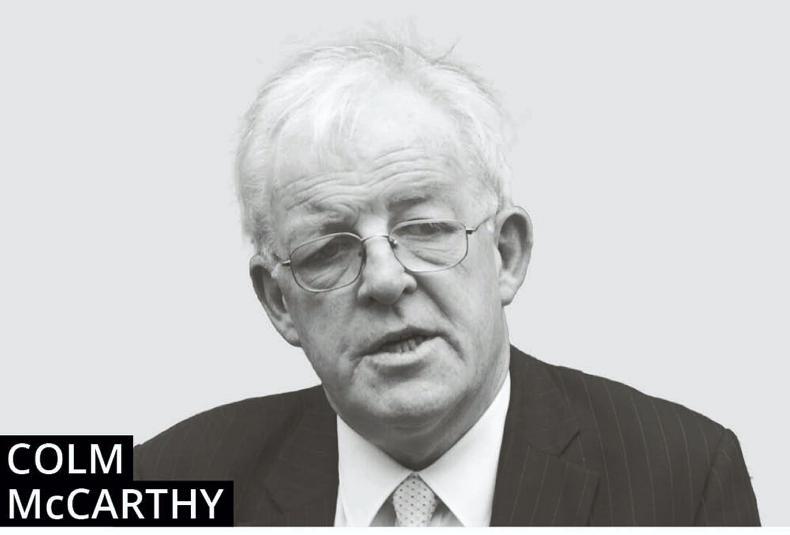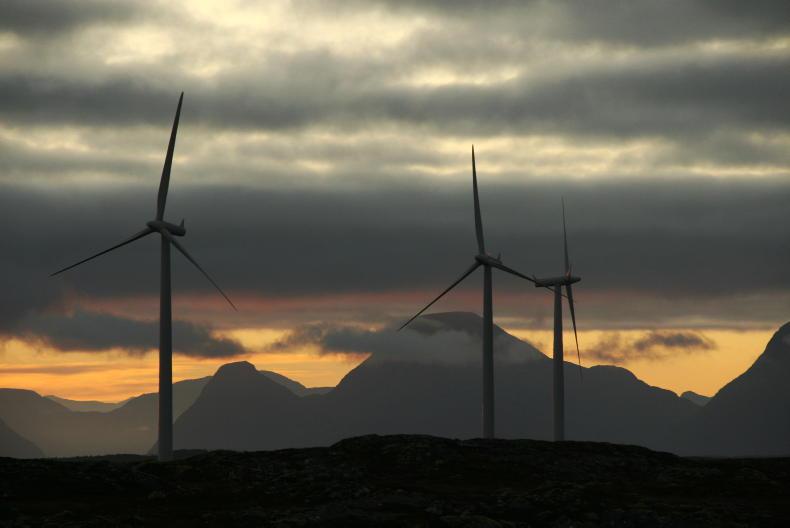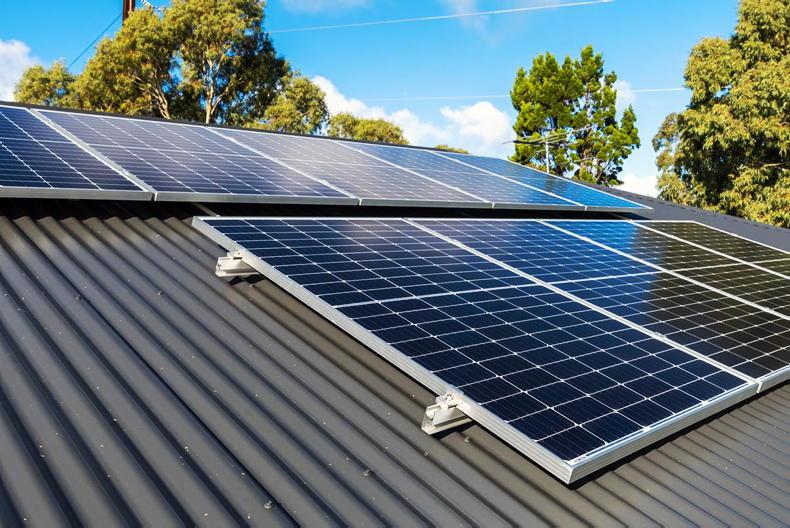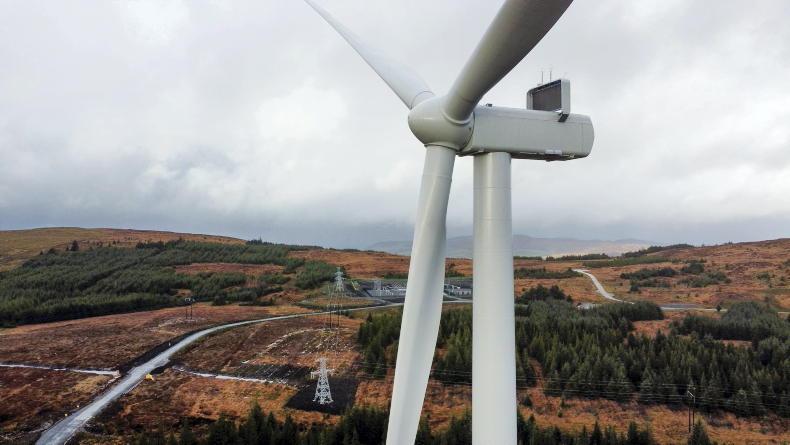Governments around Europe have announced radical changes to energy policy in response to the surge in prices and the threat to physical supplies.
Short-term Irish reactions include excise cuts on motor fuel and credits on electricity bills, which only appease public unhappiness with higher energy costs and reduced affordability.
The threat to energy security requires a separate response: higher prices are a pain but supply disruption is different and the short-term measures include an explicit embrace of gas rationing from the German government and a European Commission initiative on joint gas procurement. Joint procurement implies centralised allocation.
Decades of reliance on gas imports from Russia will be replaced with liquefied natural gas (LNG) imports from the US, Qatar and elsewhere.
Exploration will be encouraged in the hope of bolstering domestic production and gas storage options are being explored. This is not all about energy prices going up.
For the longer term, governments have acknowledged that domestic supplies, including renewables, will be encouraged and interconnection projects around Europe can no longer be neglected. Several countries are reviewing their nuclear programmes.
The UK is set to announce up to seven new nuclear plants, France has accelerated its programme and, in Germany, the planned closure of its remaining nuclear units, before the end of their useful lives, is causing tension between the governing parties.
In Ireland, there is no LNG terminal north or south and the Government is opposed to the current proposal on the Shannon estuary.
There is a ban on new exploration licences and holders of legacy licences are not drilling.
There is no gas storage on the island and no regulatory regime which might encourage developers to provide one.
The Government is opposed to nuclear power, and onshore wind farms are delayed in the planning system, as are the power lines needed to connect them.
Offshore wind is the political favourite (there are no offshore Dáil constituencies) but onshore is the cheaper option. In effect, Ireland has had ambitious targets for several years to move away from fossil fuels without any concrete plans to realise them. The Government’s policy is not to have a policy.
Security of supply is a public good and storage will not be forthcoming from private operators without sufficient financial incentives.
Ireland imports pipeline gas only from the UK, no longer an EU member, leaving this country in breach of its EU-mandated gas security obligations
Oil storage, required by the EU, is undertaken by the State and there is a levy on petrol and diesel sales to pay for it – something which covers costs will have to be considered if anyone is to invest in gas storage.
Ireland imports pipeline gas only from the UK, no longer an EU member, leaving this country in breach of its EU-mandated gas security obligations, although the Commission has chosen, thus far, not to impose fines.
If the EU secures non-Russian gas and allocates a portion to Ireland, there is an immediate problem – there is no obvious way to ship to Ireland unless there is a deal with the UK, since there are no pipelines from anywhere else and no terminal to access seaborne LNG.
Some Irish politicians will be asked at a European Council meeting shortly to outline the plans of the Government to meet the short- and long-term energy security challenge. It will be an awkward moment.
Media coverage in the last few weeks has given prominence to longer-term possibilities which border on magical thinking.
There is no shortage of save-the-planet business people seeking support from the Exchequer, or from levies off-loaded to energy consumers. Battery storage of electricity is horrendously expensive, as is carbon capture and storage (CCS) from fossil fuel power stations.
Offshore power production off the west coast in deep water will need heavy capital investment and there is no transmission system in place. Hydrogen has a seductive appeal; it is low-carbon and suitable for use in space heating, heavy road vehicles, even ships and airplanes.
Cautionary note
A recent report from the EWI energy research institute at the University of Cologne strikes a cautionary note. Splitting hydrogen from water, which is plentiful, uses lots of electricity, which is not.
If there is to be a big hydrogen industry, it will choose to locate where cheap electricity is available, and all of northwestern Europe is on the back foot.
Hydrogen will most likely flow, in pipelines or in LNG tankers, from north Africa into Europe, and the Saudi Arabia of wind, presumed to be out in the Atlantic somewhere, is more probably located in sunnier climes further south.
Discussion
The discussion of these issues in Ireland is frivolous, and needs to be rebuilt around engineering and economic reality.
The mainstream media, including RTÉ, are rightly cynical about Big Oil, but suckers for every PR handout from Big Wind, Big Hydrogen and everyone else looking to save the planet in exchange for grants and subsidies.










SHARING OPTIONS